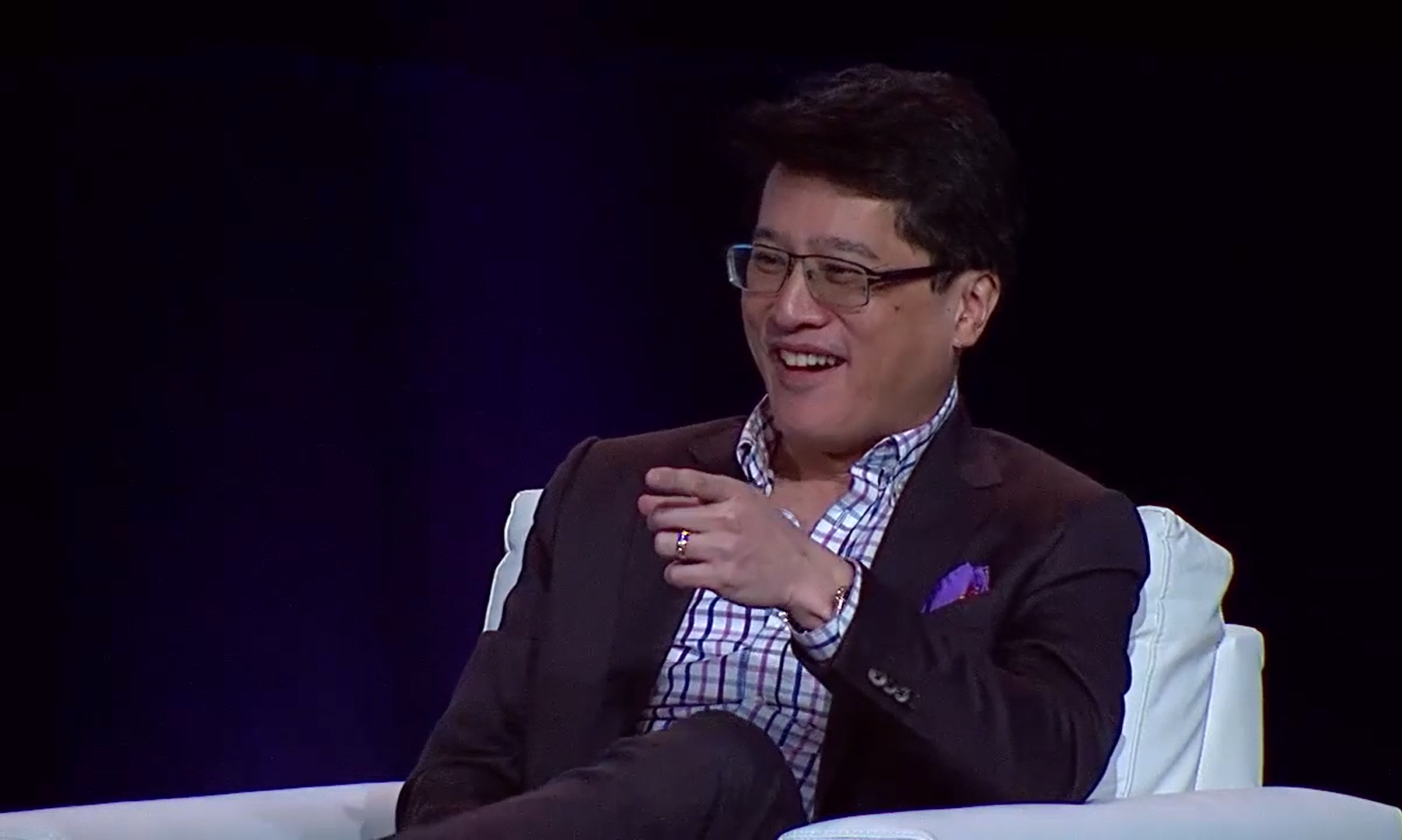Let me preface this by saying that I’m not really qualified to write on this subject, but a reader has asked if I would share my thoughts on the subject of PhDs in management consulting (sorry for the late reply but I have not checked my personal email for more than 2 weeks, and there were a few thousand to sift through [not counting having to read any!]).
One firm comes to mind immediately when I think about the subject of PhDs in management consulting … it is McKinsey. I recall that McKinsey actively recruits on campus for PhDs. I know very little about their formal programs for PhDs, so if anyone would like to share their thoughts, please feel free to do so.
The handful of McKinsey PhDs I have known were slotted into typical team structures as either individual contributors or engagement managers (I don’t think this is necessarily representative of the career tracks for PhDs for reasons I will elaborate on below). The individuals that I knew shared no common trait other than they were brilliant and structured thinkers. One had a strong propensity to actually lead people. Another had a very strong quantitative and statistics background.
When I was at PRTM, the PhDs I knew tended to be grounded in both an industry sector (e.g., biotechnology) and functional speciality (e.g., product development) from the get-go as compared to other, non-PhD consultants that would specialize later down the road. In my opinion, PhDs can get slotted this way because PhDs are considered true "experts" in a particular field, they have invested more time in both schooling and focus on a particular industry, and they can command better premiums for their personal investments when they leverage this background.
I also know a lot of PhDs through my wife’s affiliation with the business school community as a PhD and professor. It is common for professors, who do a lot of management consulting on the side, to provide consulting in their specialized (research) area of expertise, e.g., corporate tax, venture finance/valuation, antitrust. This is in contrast to non-PhD consultants that come down a similar path that I have, e.g., the MBA path where consulting may be of a more general nature but derive specialization over time through greater industry focus (e.g., telecom), functional focus (e.g., sales operations) , situation focus (e.g., growth business) and problem-type focus (e.g., virtual network operator) as part of client projects.
Some successful traits I have seen in PhDs that pursue management consulting are as follows (and the requirements are probably more intense for strategy and research-type consulting firms as compared to firms that get more involved with execution or implementation):
- structured thinkers
- ability to apply quantitative methods (e.g., statistics, triangulation, valuation) to seemingly impossible problem areas
- fact-based researchers and consultants
- clear communicators
- industry experts or experts in their ability to translate the language of other PhD experts that cannot communicate in business terms
- experts that can provide due diligence, e.g., on a complex engineering or science subject
Some traits where I have seen PhDs fail in management consulting situations:
- Cannot communicate in business terms
- Too academic in their approach to solving problems
- Not ready to move at a very fast pace (as often required in consulting)
Now a lot of the successful/unsuccessful traits I’ve mentioned above can also apply to non-PhD consultants too. That said, I think I would stress stuctured thinking, communication skills, and leadership skills as being most important for non-PhD/MBA types.
